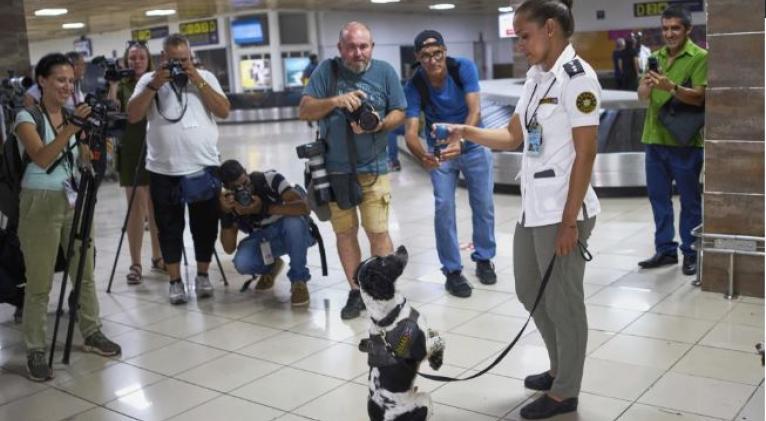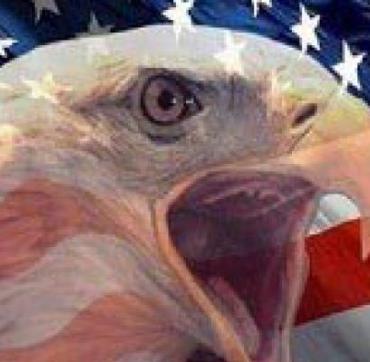Cuba Opens National Drug Observatory Amid Zero-Tolerance Policy
especiales

Cuba announced on Wednesday the launch of its first-ever National Drug Observatory, a new institution established amid growing reports of illicit substance use on the island and a hardening of the country's official zero-tolerance drug policy.
"The observatory will have interconnectivity with all sectors of society," said Deputy Minister of Justice Pilar Varona at a press conference.
Varona added that the institution will also be linked internationally to the European Union’s drug observatory network, as well as to others in the region. The observatory is scheduled to begin operations officially on July 4.
Cuba enforces a strict zero-tolerance approach toward drugs—whether possession, sale, or trafficking. Drug trafficking is punishable by up to 30 years in prison, life imprisonment, or even the death penalty. Although capital punishment remains on the books, it has not been carried out in recent years. Confiscation of assets is also imposed in such cases.
Drug trafficking first emerged in Cuba in the 1990s, partly in connection with the rise of tourism. However, severe legal penalties and a series of aggressive police operations largely dismantled these networks.
In recent years, however—particularly over the past five years—state media outlets have reported an uptick in the seizure of synthetic cannabinoids, carbamazepine, and other benzodiazepines, often mixed with substances like animal tranquilizers, formaldehyde, fentanyl, and phenobarbital. This dangerous cocktail is referred to locally as “el químico” (“the chemical”). Cocaine and marijuana have also been confiscated, although in smaller quantities.
This year, state-run newspapers and news portals have increasingly featured stories on “exemplary” court trials and high-profile police operations targeting drug offenders.
Authorities have not released precise data on the quantities of drugs seized. Many of the intercepted substances reportedly originate from the United States, home to a large Cuban expatriate community.
Cuba’s geographic location places it along major drug trafficking routes. The island has maintained cooperative ties with U.S. counterparts—whose country remains the primary market—in efforts to thwart trafficking operations. However, Cuban officials acknowledged that such bilateral cooperation was suspended under the administration of former U.S. President Donald Trump.














Add new comment